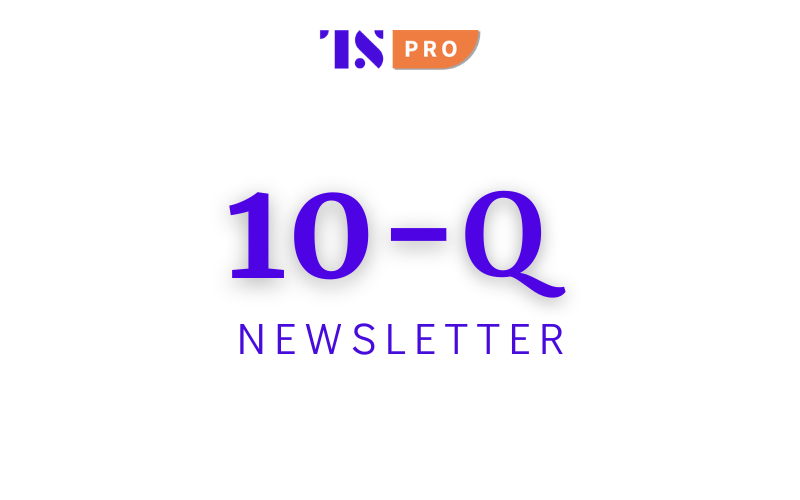10-Q, Member Exclusive
‘We still need to earn the trust of millions of Americans who are experiencing digital banking for the first time’: Dave’s Jason Wilk
- Jason Wilk, CEO and founder of Dave, talks about second quarter results, challenges for neobanks at large, and what's in store for the firm in the months ahead.
- Marqeta shares popped 8% last week as the firm extended its alliance with its largest customer, Block, through 2027 for transaction services for Cash App and Afterpay.









